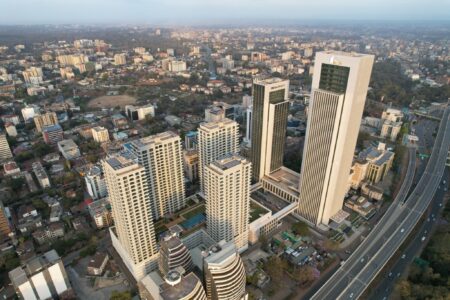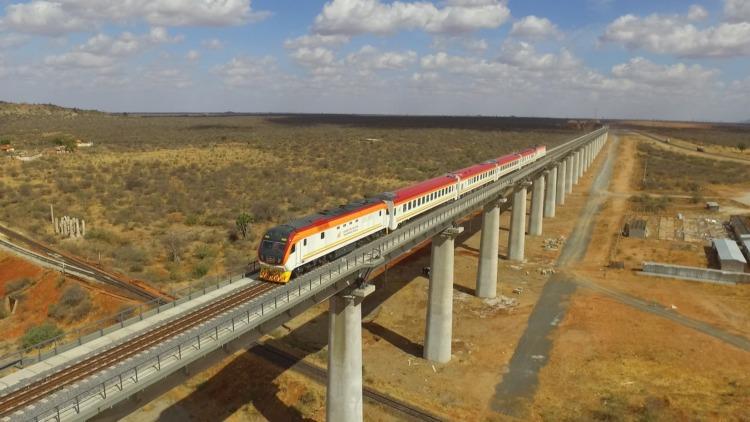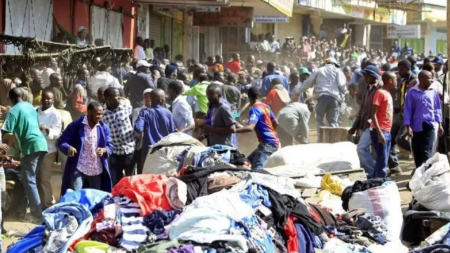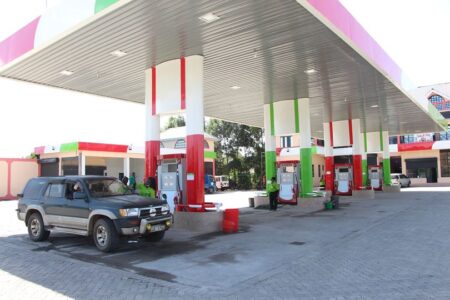The recent protests, unrest, and subsequent looting of businesses in South Africa have left observers in the world watching with shock and horror. What began as a political protest to the incarceration of a former president quickly degenerated into a full-scale looting spree by certain members of that society.
This upheaval has, however, brought to the fore pertinent issues around economic empowerment, indigenization, and the broad inclusion of the masses into the mainstream economy.
The concept of empowerment of the masses is a highly topical concept in Zimbabwe and the greater part of Southern Africa. It has a historical perspective. African countries gained the right to self-determination through armed struggle in many instances.
Read: 3,000 women farmers to benefit from Rwf24.9m channeled by UN
This is well-documented and well-known.
Once political independence had been attained it was quickly realized that political independence does not count for much if it does not come with economic independence of empowerment and so began the long discourse and journey towards economic empowerment and inclusion of locals and indigenous people in the countries that constitute southern Africa.
In Zimbabwe efforts to include locals into the mainstream economy have been varied and the major highlights have been the Fast Track Land Reform Programme and the Indigenization and Economic Empowerment Act. In South Africa efforts have been more concerted and centred around what is now known as Black Economic Empowerment. It is impossible to separate the narrative of economic empowerment from the historical perspective of the struggle for independence.
This was and remains the primary rationale for the continual quest for economic emancipation of the masses, so to speak.
However, with hindsight can the models of economic empowerment that have been implemented be regarded as successful?
In South Africa, every effort has been made to create transformation in the economy and broaden African people’s participation in the mainstream economy. The process began with legislation that required that every sector of the economy have a prescribed percentage of shareholder ownership in companies in the hands of black people and or formerly disadvantaged people. Every sector produced a charter that set forth how the process of economic transformation was to take place going forward.
The most notable and prominent of these is the Minerals and Petroleum Resources Development Act of 2002 which came into effect in 2004. This law governs the mining sector and in this context, the transformation of the industry.

Read: Promoting women will boost African economic growth, World Bank says
This is because earlier charters of BEE legislation only specified shareholding/ownership thresholds for a business to be considered black economically empowered. The state even went as far as making it a requirement for all businesses that rely on state contracts to be BEE-compliant if they were to continue doing business with the government.
Whatever the reason, the outcome was that most notable BEE transactions went to Patrice Motsepe’s African Rainbow Minerals and Ubuntu Botho Investments, Tokyo Sexwale’s Mvelaphanda Holdings and the current President Cyril Ramaphosa’s Shanduka Investments which is now part of the Pembani Group.
Legislated empowerment whose focus was primarily on ownership levels produced heavily skewed results towards benefitting political stalwarts and not the broader masses that were previously disadvantaged during apartheid.
There has been a second take at the economic transformation in South Africa through Black Economic Empowerment but the second time around the authorities made efforts to ensure that the process was broader-based without the narrow focus on ownership.
To obtain an empowerment certificate a company must prove that it has met the black ownership threshold, ensure that it has a percentage of its management comprised of black people and or people of colour, a quota of women within its leadership ranks and procure its services from black-owned businesses among others.
This new attempt with the acronym BBBEE has gone some way in levelling the playing field and making the process more equitable. Despite this, the people of colour are still largely economically excluded. Transformation—although taking place—is moving at a pace that is slow and has provided opportunities to radical political movements who are proponents of economically unsustainable policies like nationalization – land expropriation without compensation.
Aiming to achieve economic empowerment for the citizens of a nation through means of legislation alone suffers from serious shortcomings as in the case presented in South Africa.
The case of Zimbabwe further drives this point home. The government of Zimbabwe from about 2006 to 2011 created a bill which was then promulgated into law its own rendition of black economic empowerment called the Indigenization and Economic Empowerment Act whose aim also was to broaden the participation of native Zimbabweans in mainstream economy.
Though noble enough, the intention of the law only succeeded in driving away prospective investors from the country because of its provisions, chief among them being that all investors were required to cede 51% of their capital investments to indigenous Zimbabweans.
Additionally, according to one of the country’s leading legal minds the legislation was devoid of substantive definitions to the extent that a Maori person, native to New Zealand could come to Zimbabwe and lawfully benefit from the Indigenization Act.
The Act has since been scrapped but its deficiency serves to drive the point home that to merely legislate empowerment will not transform an economy and increase native participation in it. Indigenization and economic empowerment demand practical action. Legislation undoubtedly is important in that it sets a regulatory context and background to economic inclusion however, on its own cannot achieve much if it is not followed up with practical action steps to realize it.
The most sustainable way to empower the citizens of a country regardless of their background, creed or race is for the government of that country to deliver a well-functioning economy!
Read: Mainstream Renewable Power Signs Landmark Africa Clean Energy Equity Funding
By Laurence I. Sithole











